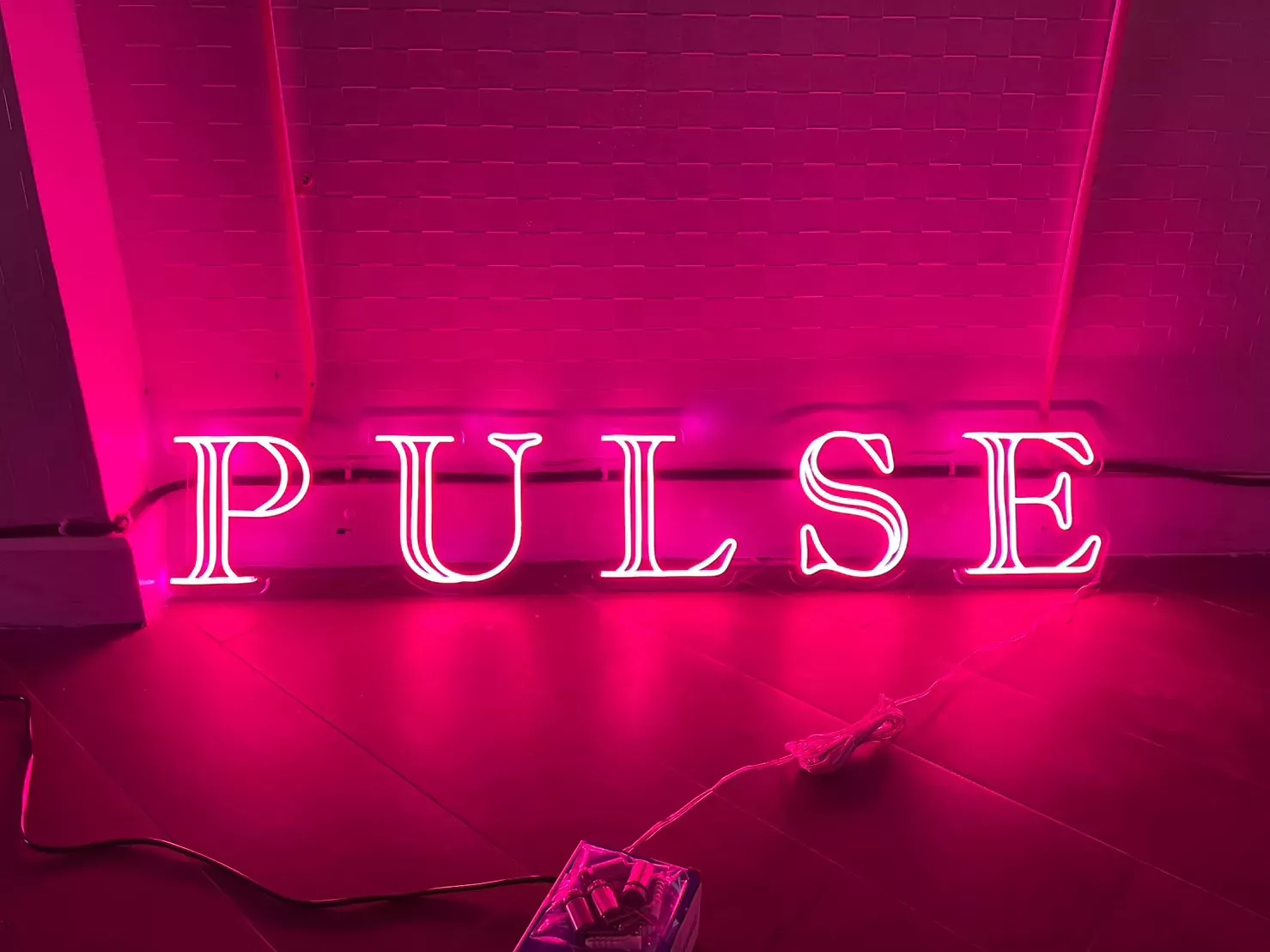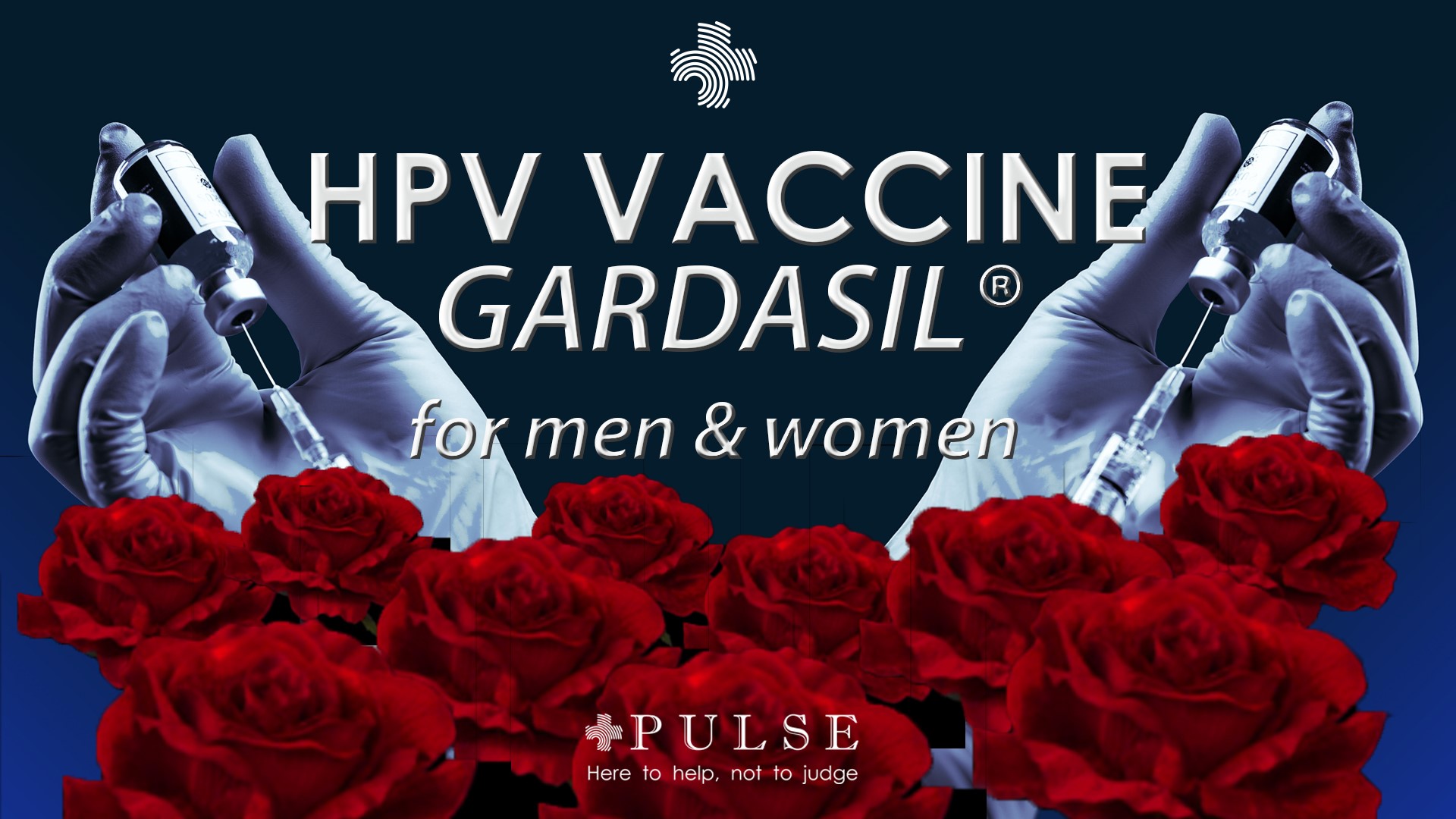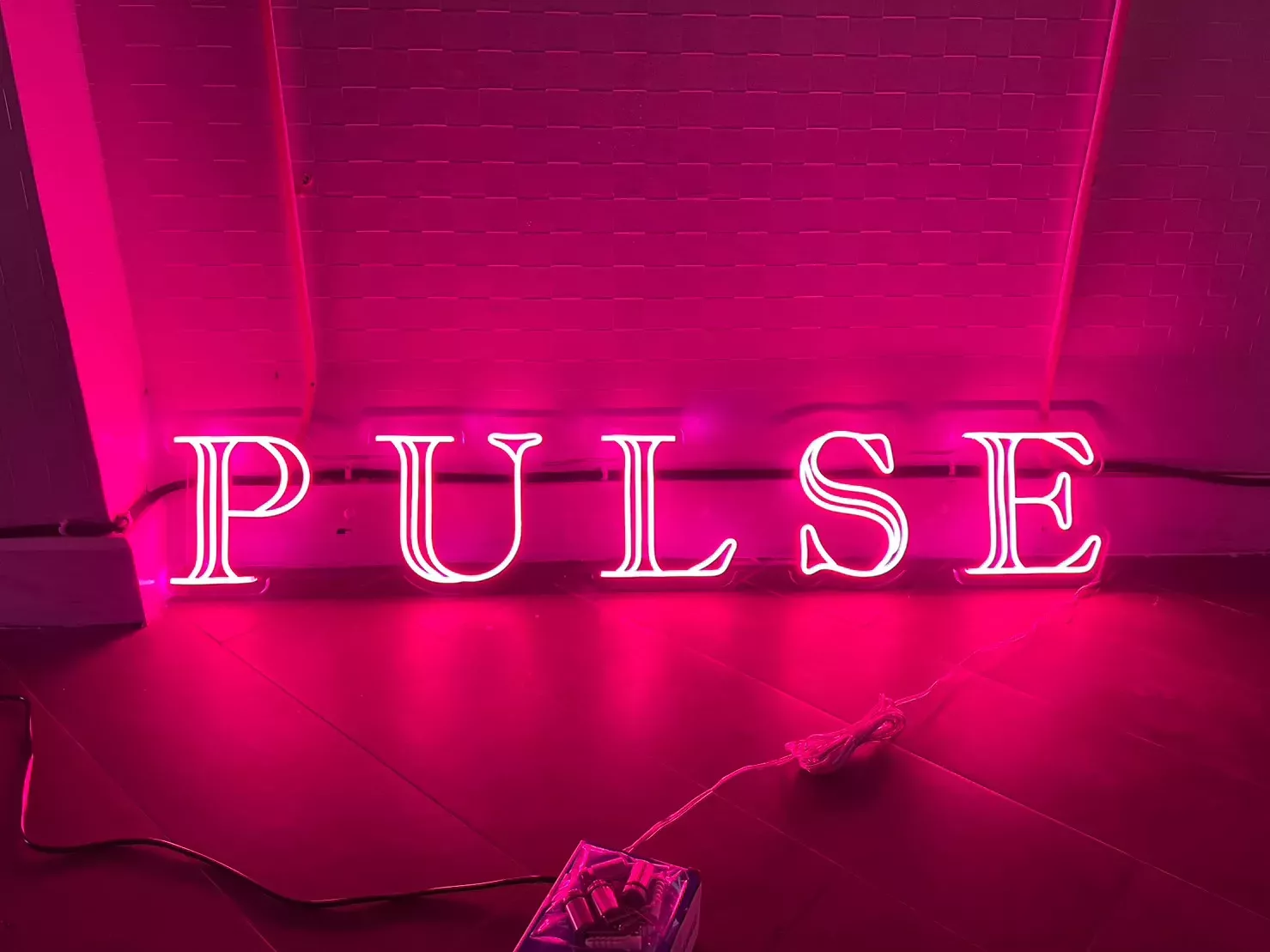Shingles (Herpes zoster): Causes, Symptoms, Treatment, and Prevention
15530
Shingles (Herpes zoster) typically occur when the immune system is weakened, allowing the varicella-zoster virus to emerge from its dormant state

What You Need to Know About Shingles
Shingles or Herpes zoster, caused by the varicella-zoster virus that also causes chickenpox, occur when the varicella-zoster virus is dormant in the body after the initial infection and reactivates years later.
Shingles is a viral infection that causes a painful rash. Shingles can occur anywhere on your body.
The most common is long-term nerve pain. Other complications include pneumonia, encephalitis (inflammation of the brain), and hearing loss.
What are the Causes and Symptoms of Shingles?
Shingles typically occur when the immune system is weakened, allowing the varicella-zoster virus to emerge from its dormant state and travel along nerve roots to the skin. Initial symptoms may include a low-grade fever and a burning or itchy sensation on the affected skin. A rash that typically starts as small areas of redness and progresses to clusters of blisters may appear afterwards. The rash frequently only affects one side of the body and can be extremely painful and itchy. Even after the rash disappears, some individuals may experience persistent pain known as post-herpetic neuralgia, particularly those over 50.
HIV & Shingles
If people live with HIV, their chances of getting shingles are higher than those without the virus. Shingles come from the same virus that causes chickenpox, which stays in the body for years after the first infection. When the immune system is weakened, like in HIV, this virus can act up again and cause shingles.
HIV targets the body's defence cells, making fighting off infections like shingles harder. Research shows that people with HIV, especially those with higher levels of the virus and lower defence cell counts, are more likely to get shingles.
Some people with HIV might get shingles when they start taking medications to treat the virus. This is a sign that the immune system is beginning to get stronger and fight off other infections in the body.
The key to preventing shingles in people with HIV is to treat the virus effectively. With the proper medications, HIV levels in the body can become so low that they can't be detected, allowing the immune system to bounce back. Proper HIV treatment and the Shingles vaccine not only reduce the risk of shingles but also improve overall health and lower the chances of other infections.
All PUSLE clinics are one-stop HIV treatment clinics that offer comprehensive and holistic care and management for HIV.
Add us on Line and stay in touch.
Treatment for Shingles
Early treatment with antiviral medications, preferably within 2–3 days of rash onset, can help reduce the severity of symptoms and promote healing. For individuals with compromised immune systems, intravenous antiviral medications may be necessary. Shingles affecting the eyes require specialised treatment from an ophthalmologist. While antiviral medicines can alleviate symptoms, they may not eliminate the virus, increasing the risk of recurrence.
Self-Care
Managing shingles at home involves keeping the affected area clean and covered, avoiding picking at the blisters to prevent bacterial infection and scarring, and using painkillers as needed. Herbal remedies should be avoided to prevent further complications.
Prevention
Maintaining overall health through a proper diet, exercise, and rest can help bolster the immune system and reduce the risk of shingles. Avoiding direct contact with individuals with shingles, especially those without chickenpox, is recommended. Vaccination against shingles, particularly for individuals over 50, can significantly reduce the severity and complications of the infection. The Shingrix vaccine, administered in two doses, effectively prevents shingles and post-herpetic neuralgia.
Complications of Shingles
Shingles can lead to complications, including long-term nerve pain (post-herpetic neuralgia), pneumonia, encephalitis (brain inflammation), and hearing loss. Complications are more common in older individuals and those with weakened immune systems.
Conclusion
Understanding the causes, symptoms, treatment, and prevention of shingles is crucial for effectively managing this viral infection and reducing the risk of complications.
Early detection, prompt treatment, and vaccination are critical strategies for mitigating the impact of shingles on individuals' health and well-being.
Trust PULSE CLINIC to take care of your health like other 45000 people from over 130 countries. We provide discreet professional service with high privacy. Here to help, not to judge.







